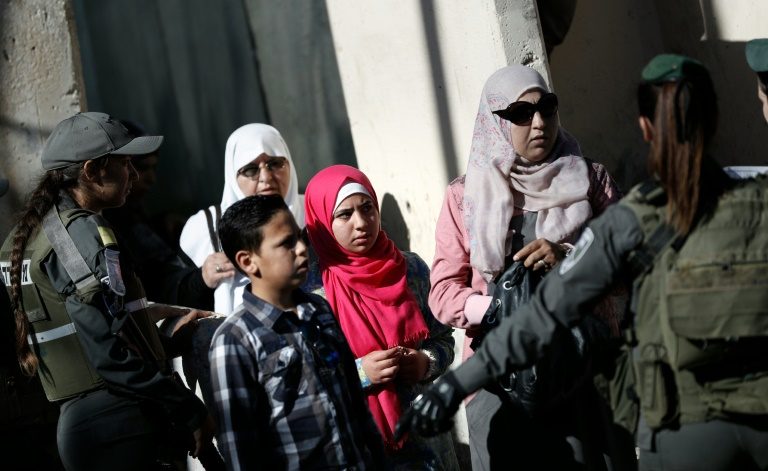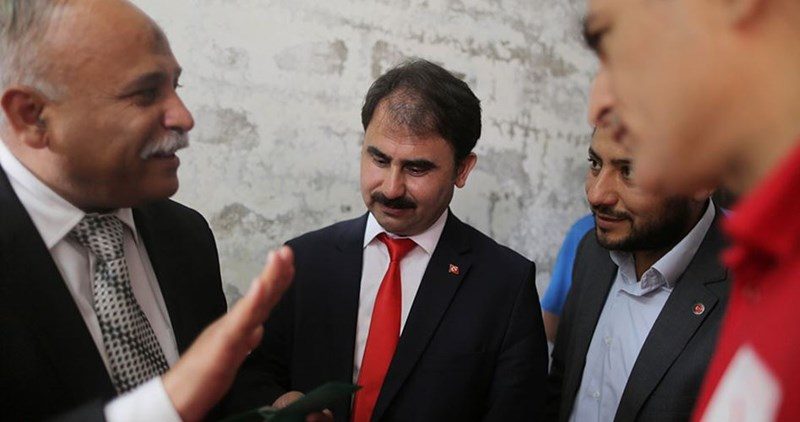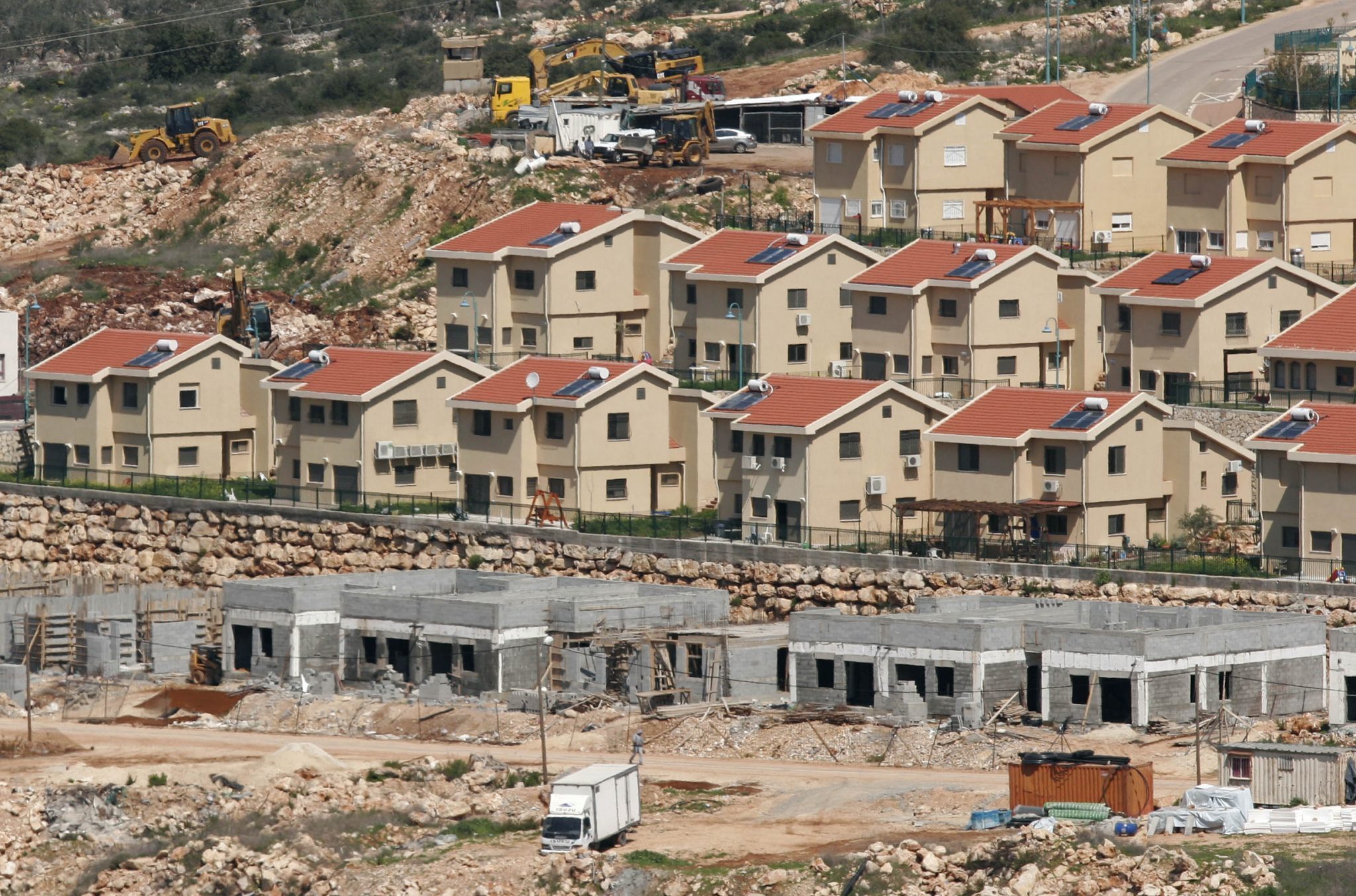
The United States State Department defended Israeli human rights group B’Tselem in an interview with Israeli newspaper Haaretz on Monday, saying the US was “troubled” by the recent attacks on the group by Israeli Prime Minister Benjamin Netanyahu.
Meanwhile, the Israeli government has also recently come under fire for its targeting of foreign activists, and ongoing crackdown on freedom of expression through incarcerating Palestinians — including minors — over Facebook posts.
US State Department Spokesman John Kirby told the newspaper that “the (US) administration values the information published by the two nonprofits about the situation in the West Bank,” referring to B’Tselem and Americans for Peace Now, two NGOs who spoke before the United Nations Security Council (UNSC) on Friday regarding illegal Israeli settlement expansion in the occupied Palestinian territory.
Following the UNSC speech by B’Tselem’s executive director Hagai El-Ad, Netanyahu accused the group of “denying Jews our rights, spreading lies, and distorting history to recognize and condemn the actual barriers to peace,” and said he would act to prohibit national service volunteers from working with B’Tselem. However, the group was only ever allotted one such volunteer, and said that the position was not currently filled by anyone.
In response to Netanyahu’s verbal assault on B’Tselem, Kirby told Haaretz that the US government believes “it is important that governments protect the freedoms of expression, and create an atmosphere where all voices can be heard.”
“We are troubled by instances anywhere in the world where these principles are threatened,” he added.
B’Tselem had also fired back after Netanyahu’s remarks, denouncing him for “slander,” and vowed that the prime minister’s comments would not deter the organization’s work, “nor the hundreds of thousands in Israel who oppose the occupation. We will continue saying the truth in Israel and abroad: the occupation must end.”
El-Ad highlighted in his speech the ongoing Israeli practices in the occupied West Bank and East Jerusalem, all in contravention of international law, which is meant to be upheld by such institutions as the UN.
“Israel has systematically legalized human rights violations in the occupied territories through the establishment of permanent settlements, punitive home demolitions, a biased building and planning mechanism, taking over Palestinian land and much, much more,” El-Ad said, adding that 2016 was the worst year on record for the demolition of Palestinian homes.
While the some 196 Israeli settlements in the occupied territory are considered illegal under international law, Netanyahu said on Saturday that the UN’s stance against settlements “only makes sense if you ignore thousands of years of Jewish history” and if “you accept the anti-Semitic Palestinian demand for a state free of Jews as somehow essential for peace.”
He went on to reiterate a previous claim arguing that since “over a million and a half Arabs live in Israel as full citizens,” then Jews residing in the West Bank’s illegal settlements could not be considered an obstacle to peace.
The last time Netanyahu made this comparison, Israeli parliament member Ayman Odeh said it was “an absurd equation between a native minority that has lived on this land for generations — a people on whose backs the state of Israel was founded — to the settlers, who moved into an occupied territory against international law and ignoring and violating the rights of the people of the West Bank and Gaza.”
Netanyahu insisted that “the real barrier to peace is not the settlements but the persistent Palestinian refusal to recognize a Jewish state in any boundaries,” in spite of the Palestine Liberation Organization’s (PLO) recognition of a state in Israel in 1993.
Netanyahu’s criticism of the UN came after he expressed outrage over the adoption of a draft resolution by UNESCO last week, as he has claimed that the UN agency had “denied the over 3,000 year old connection between the Jewish people and its holiest site in Jerusalem.”
While the resolution did not reject Jewish ties to the Al-Aqsa Mosque compound outright, it was highly critical of Israeli policies in and around the site and referred to it only by its Islamic name (Al-Aqsa, or Haram al-Sharif), and did not mention its Jewish name (Temple Mount).
Netanyahu did not release a comment responding to any of the actual criticisms presented by the UNESCO resolution.
In the wake of the uproar by the Israeli government that aimed to characterize the resolution as anti-Jewish, the Mexican government changed its position after initially voting in favor, although it ultimately decided not to request a revote.



